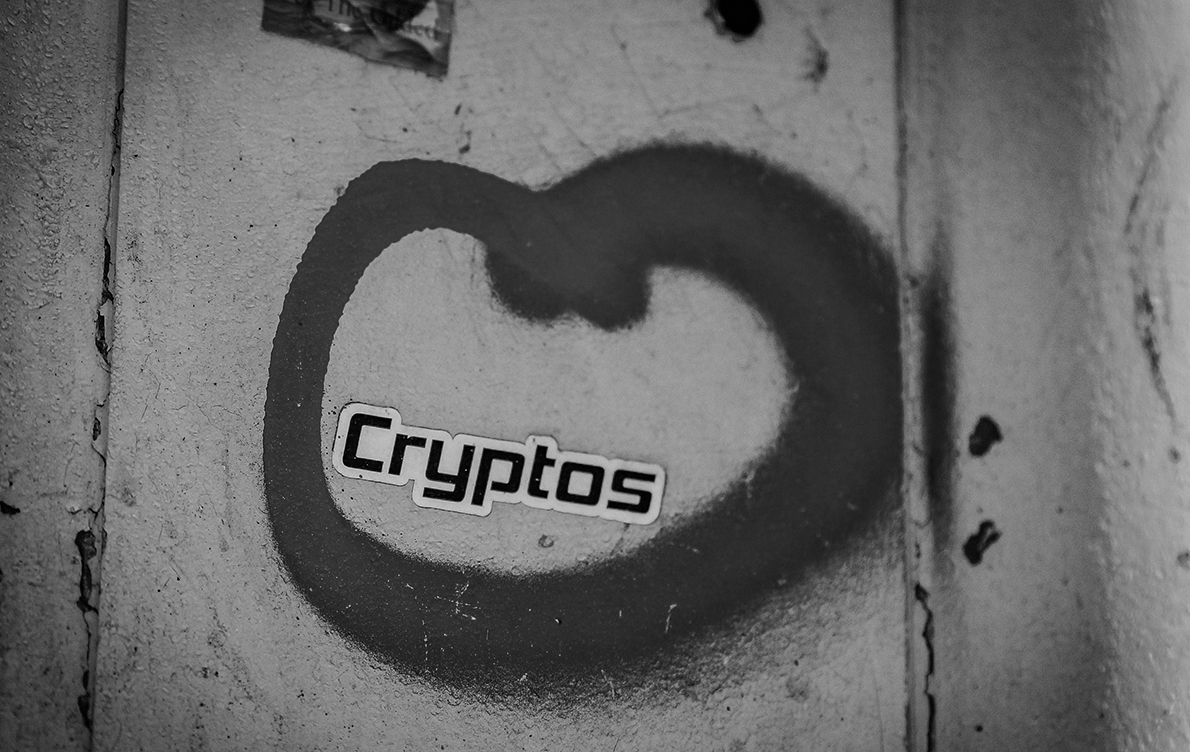State Regulations of Digital Assets
As digital assets, and cryptocurrencies specifically, have continued to gain worldwide popularity, you might be wondering whether you can pursue opportunities within the industry. The answer in large part depends on what type of involvement you seek to achieve, and where you plan on pursuing such opportunity. For convenience and ease of use, attached here is a chart of the regulations surrounding cryptocurrencies and digital assets on a state-by-state basis. Please note that while this chart is comprehensive, it is not an exhaustive list. Additionally, this chart does not detail regulations by country, but those vary significantly and frequently change as well. For instance, El Salvador recently became the first country to consider bitcoin as legal tender, and now there are reports of a few other countries contemplating doing the same.
At a very high level, forty-nine of the fifty states, and Washington D.C., have at least one proposed or enacted regulation as it pertains to digital assets and cryptocurrencies. Regarding licensing requirements, thirteen states have a proposed or enacted regulation. Twenty-five states have a proposed or enacted marketplace facilitator regulation and nine states have a proposed or enacted money transmitter law. Additionally, forty-two states have a proposed or enacted law that regulates digital assets and cryptocurrencies and twenty-three states have a proposed or enacted regulation to create a sandbox or committee to study the implementation and use of digital assets and cryptocurrencies. Outside of those five overarching categories (Licensing Requirements, Marketplace Facilitator, Money Transmitter, Regulation and Sandbox) thirty-seven states have other proposed or enacted regulations which range from tax regulations to inclusion in the Uniform Commercial Code of the State.
The regulations vary greatly by state and are frequently changing. Depending on what type of business opportunity you plan to pursue, you may be subject to federal regulations (for an overview of FinCen rulings click here) beyond the various state regulations listed on the chart provided in the first paragraph. If you are considering pursuing opportunities within the digital asset or cryptocurrency industry, please do not hesitate to contact us with any questions, or to discuss how we can help you pursue any opportunities. Additionally, if you would like to receive the chart as it is updated, please let us know.
No aspect of this advertisement has been approved by the highest court in any state.
Results may vary depending on your particular facts and legal circumstances.
As the law continues to evolve on these matters, please note that this article is current as of date and time of publication and may not reflect subsequent developments. The content and interpretation of the issues addressed herein is subject to change. Cole Schotz P.C. disclaims any and all liability with respect to actions taken or not taken based on any or all of the contents of this publication to the fullest extent permitted by law. This is for general informational purposes and does not constitute legal advice or create an attorney-client relationship. Do not act or refrain from acting upon the information contained in this publication without obtaining legal, financial and tax advice. For further information, please do not hesitate to reach out to your firm contact or to any of the attorneys listed in this publication.
Join Our Mailing List
Stay up to date with the latest insights, events, and more






